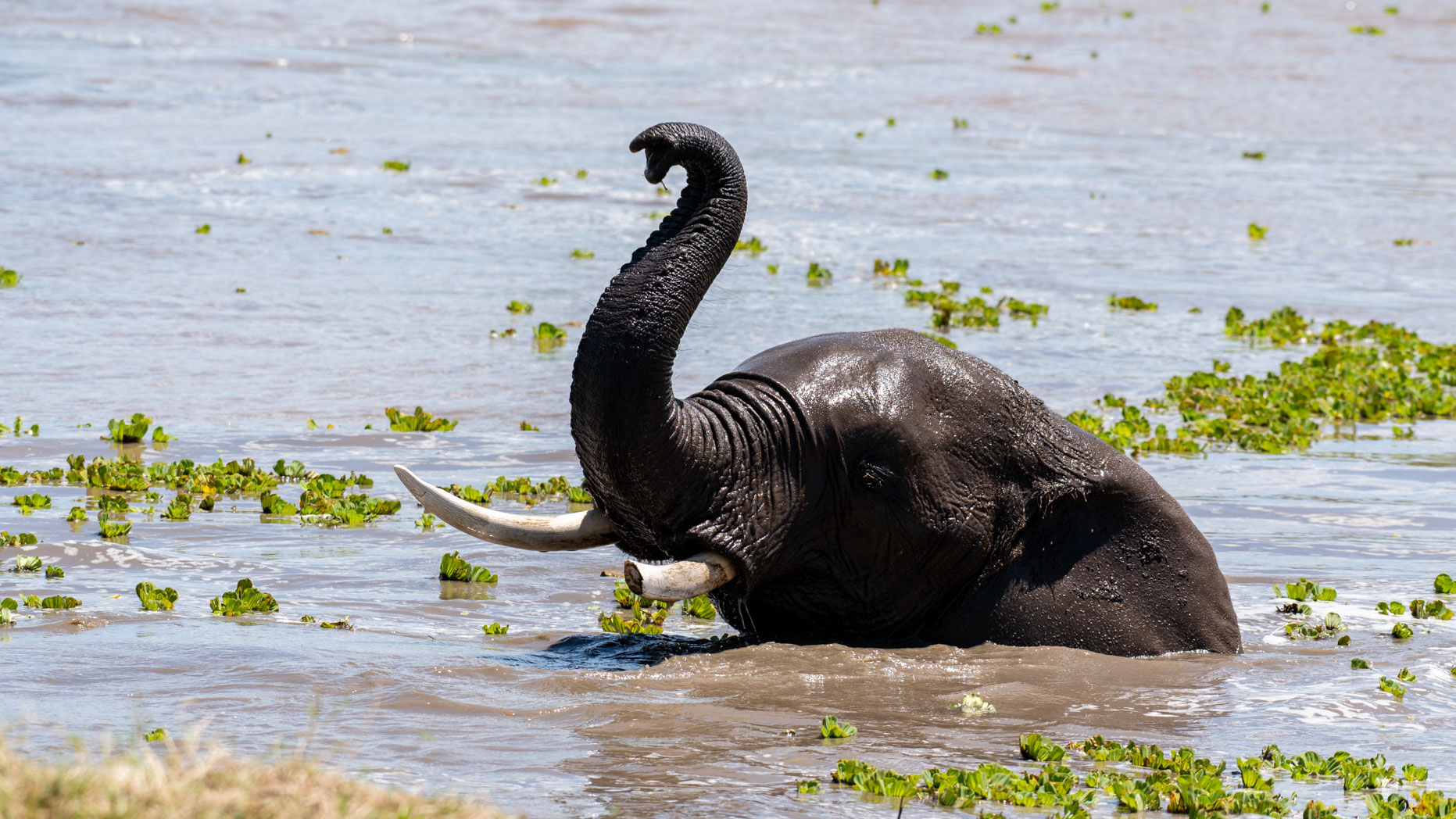
It is becoming the norm to see the landscape very green at this time of the year, which in the past, has been a somewhat dry season. Climate change has it that weather patterns are no longer predictable, and we must take every day as it comes. After a short break away, I’ve come back to a vibrant landscape with tall grass in most parts of the Triangle.
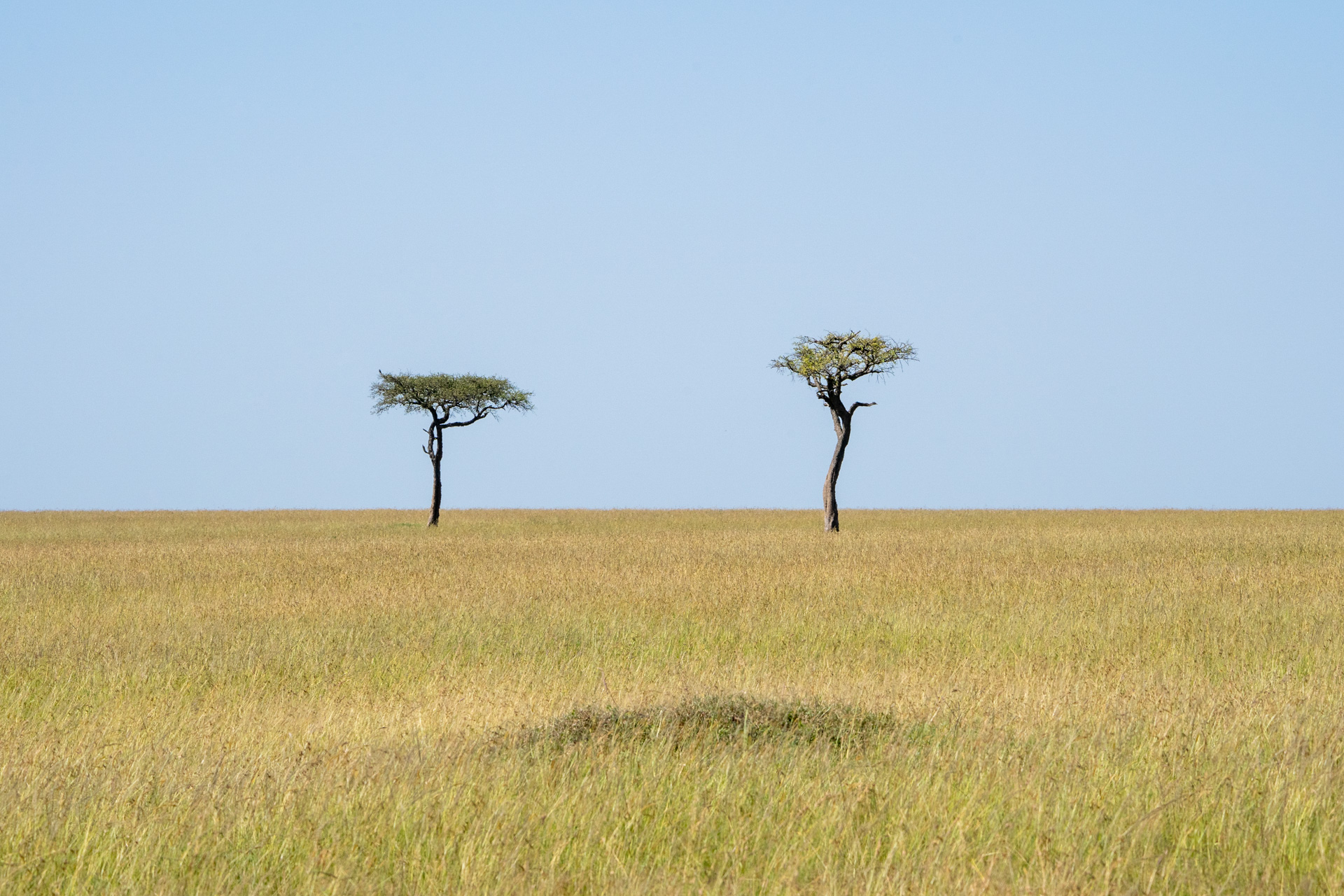
This is a result of the extended short rains which continue regularly. I’m not complaining though — we have great weather at the moment, clear skies on most days and it only rains in the evenings, creating a peaceful pitter-patter to fall asleep to. We've been having fun spotting all kinds of interesting animals in the tall grass — especially the cats who have been using it to their advantage when hunting and hiding their precious treasure...
Tall grass also breeds plenty of bird activity, which is exciting for bird-lovers.
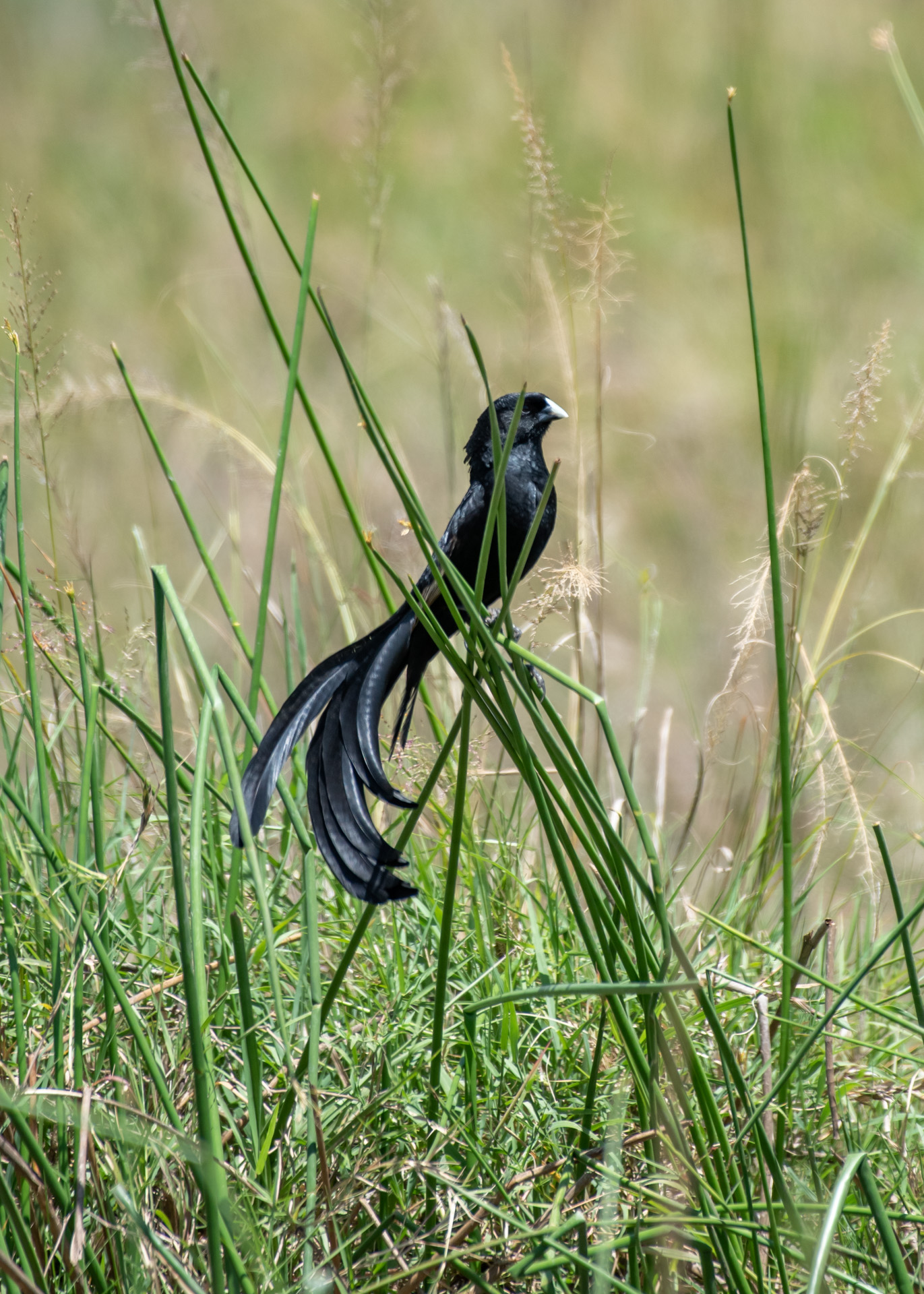
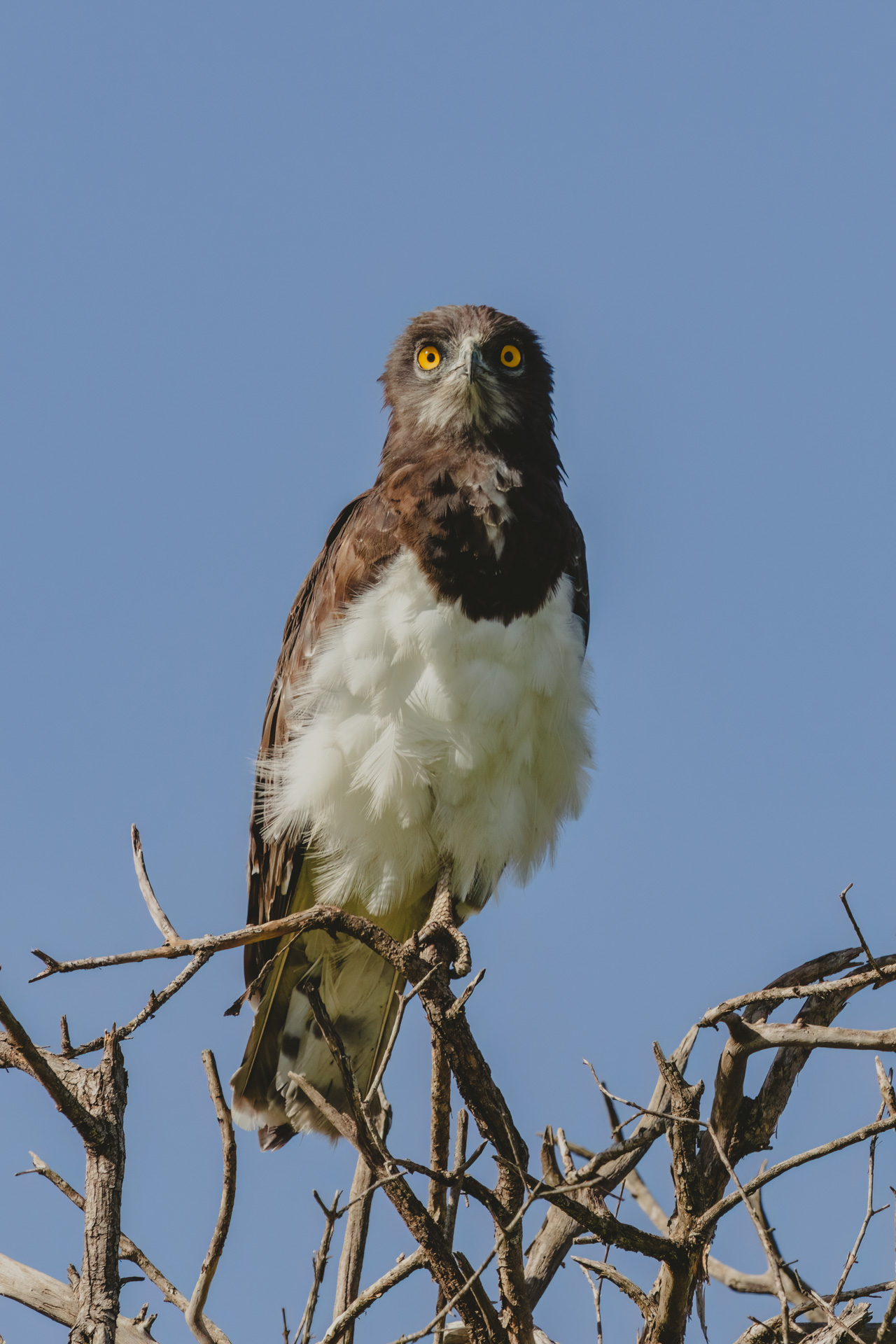
Around the middle of September last year, we saw the Nyati Six males take over the Egyptian Pride and mate with two of its females. Fast forward about three months to this week and Titus, a member of our guiding team, discovered the two females with seven sweet little cubs in an area known as Milima Mbili. The cubs were suckling from both females which makes it hard to tell which lioness had given birth to which cubs. It is not uncommon to see females in a pride nursing a cub that is not their own — is it a behavioural or biological trait? Either way, we are always delighted to see new life in the Triangle and keen to see how the ever-changing lion dynamics unfold in the days ahead.
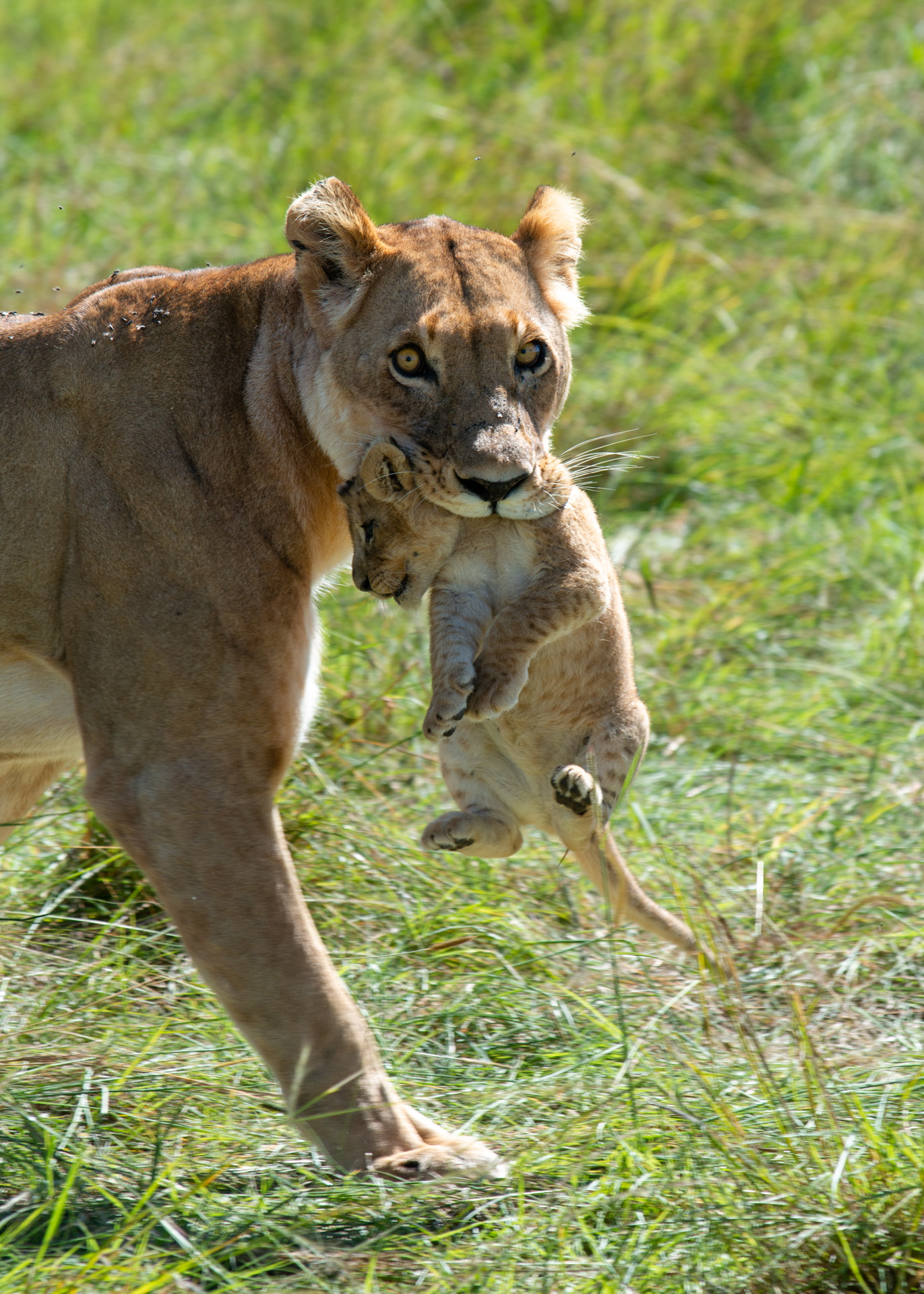
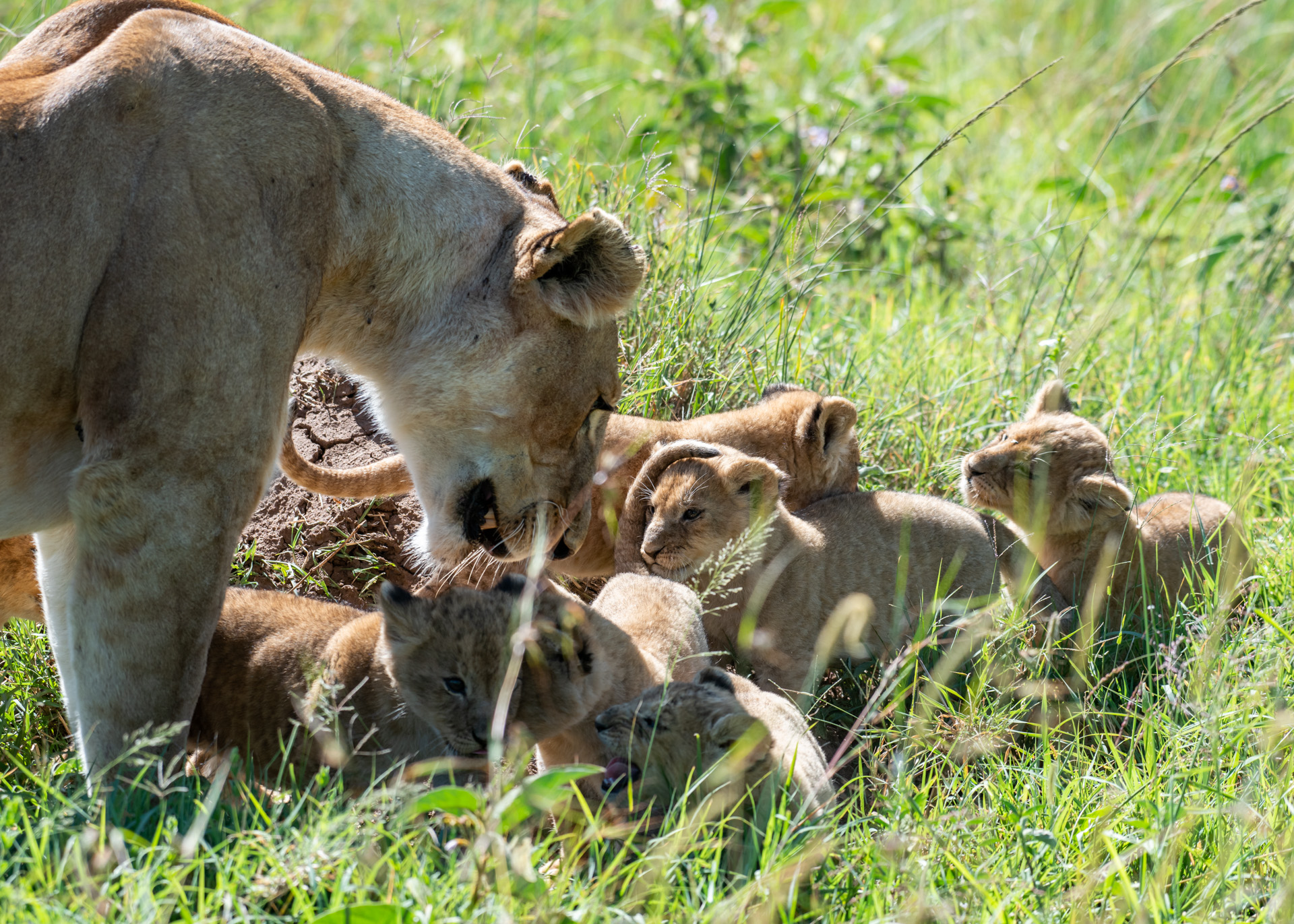
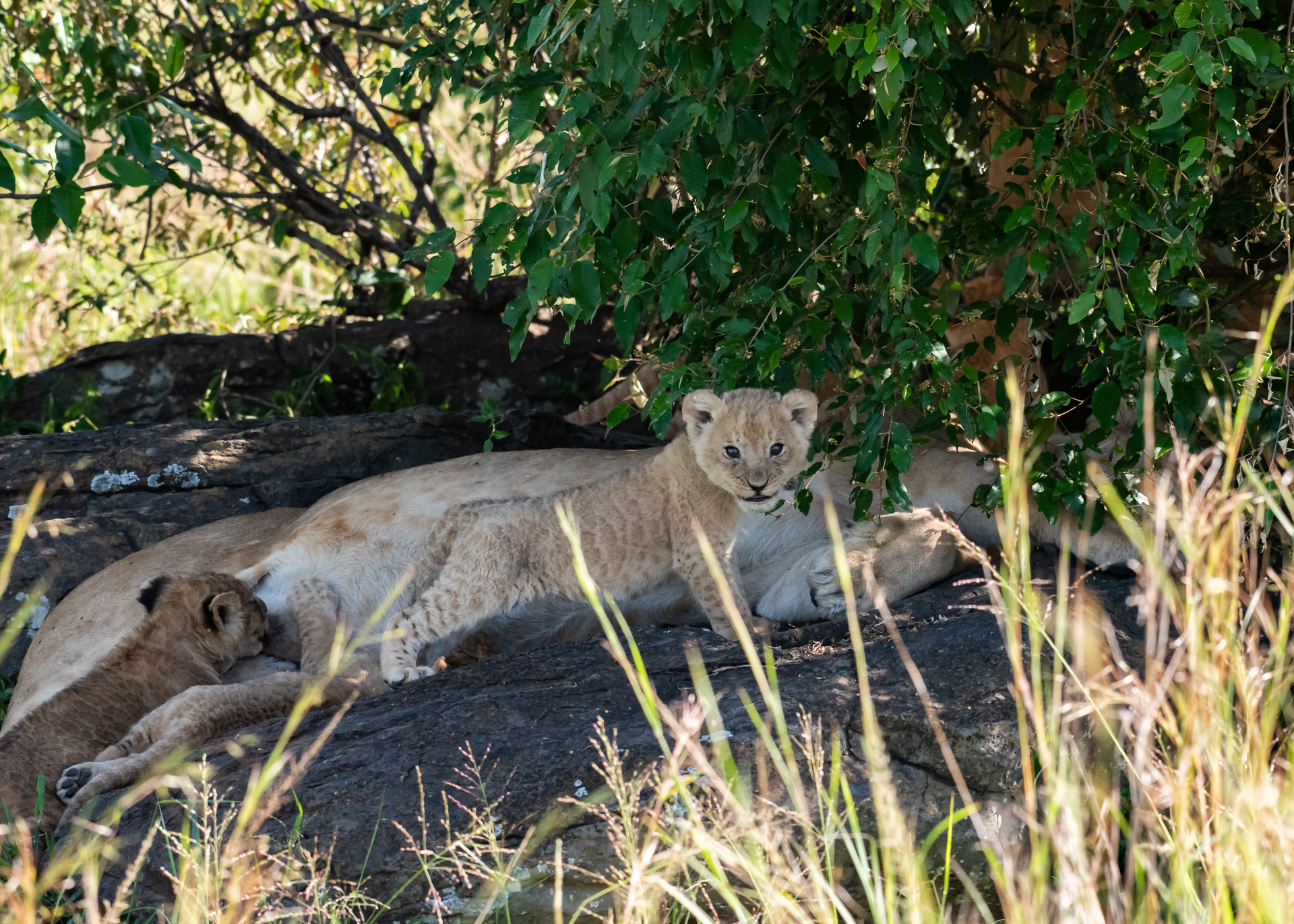
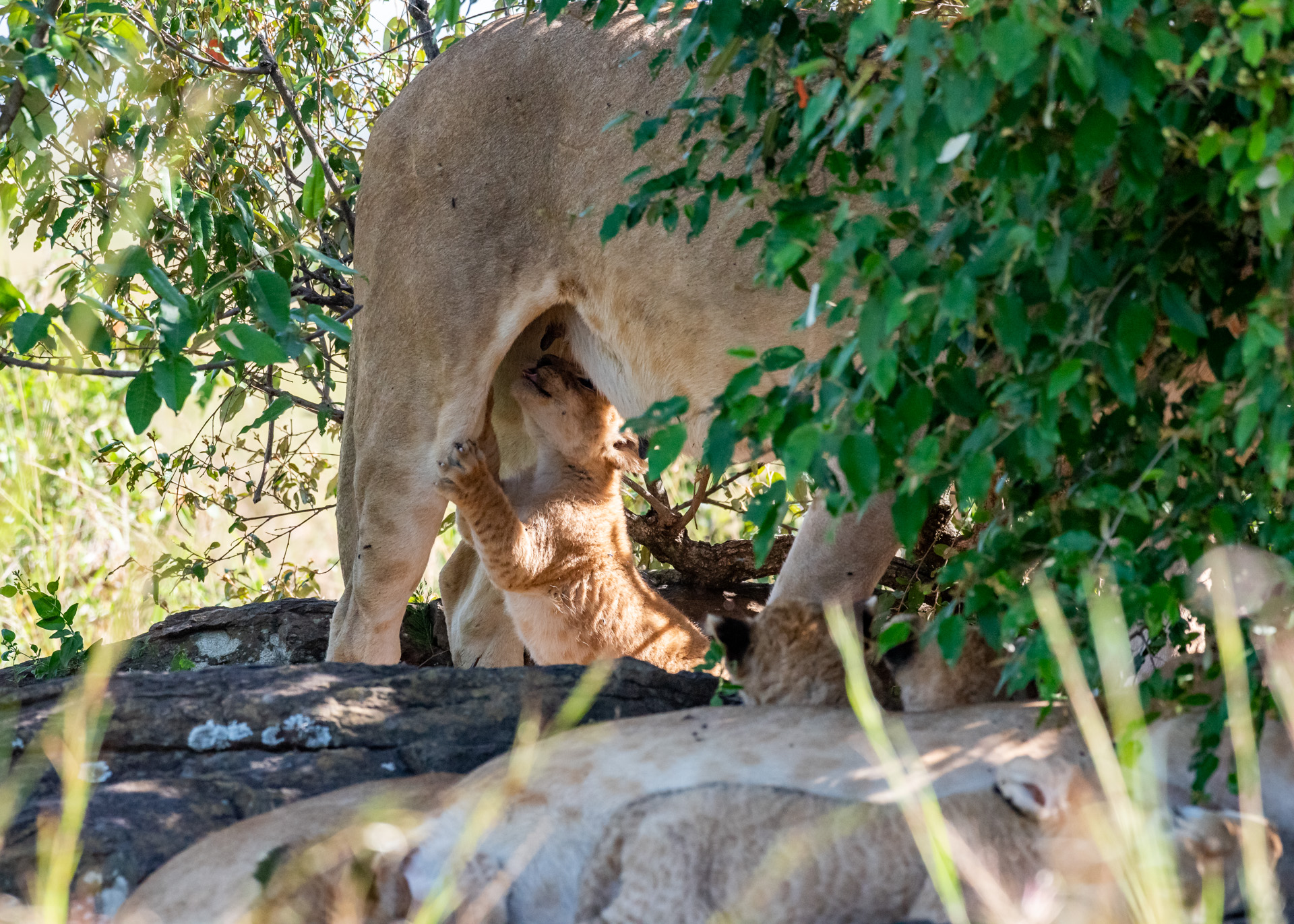
A drive to the south of the Triangle means a chance to get into the Inselberg’s territory and perhaps a run-in with these majestic males. On this day, we were lucky enough to bump into all four of them. Not much was happening as they were all sleeping (as usual), but as soon as Ginger lifted his head to yawn, I noticed something strange. He would open wide his mouth to yawn but struggled to fully close it again.
After my colleague, Robert, and I closely inspected the photographs, we noticed his upper right canine was missing. This is causing the upper right side of his lip, which has a tear, to slightly bend inwards causing the lower canine to land on the tear when closing his mouth — which was clearly uncomfortable. He would try a few times before being successful. We decided to be patient and wait a bit as the sun was getting hotter and would soon be unbearable for them. Like clockwork, a few moments later, they were on the move in search of shade to — you guessed it — sleep some more.
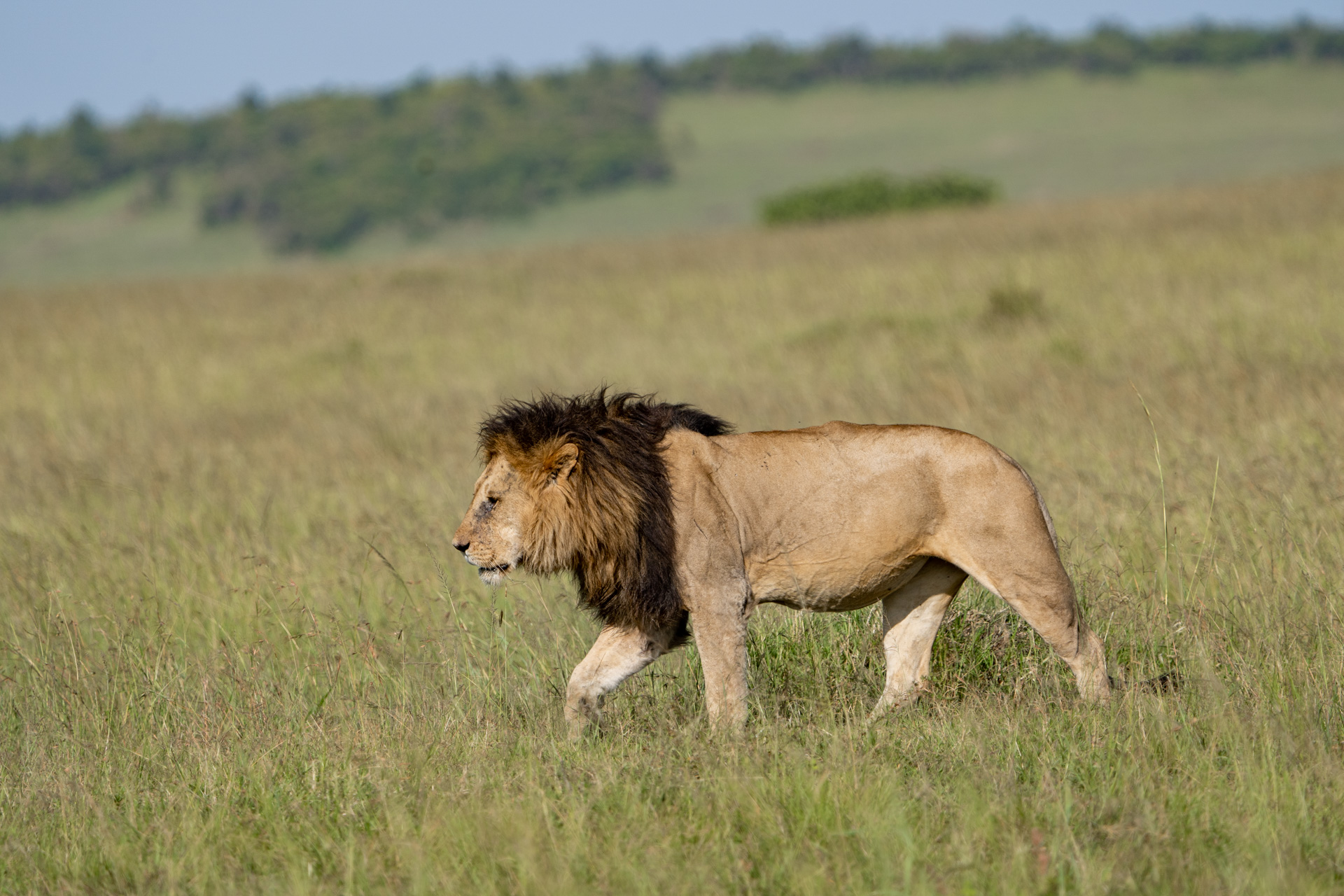
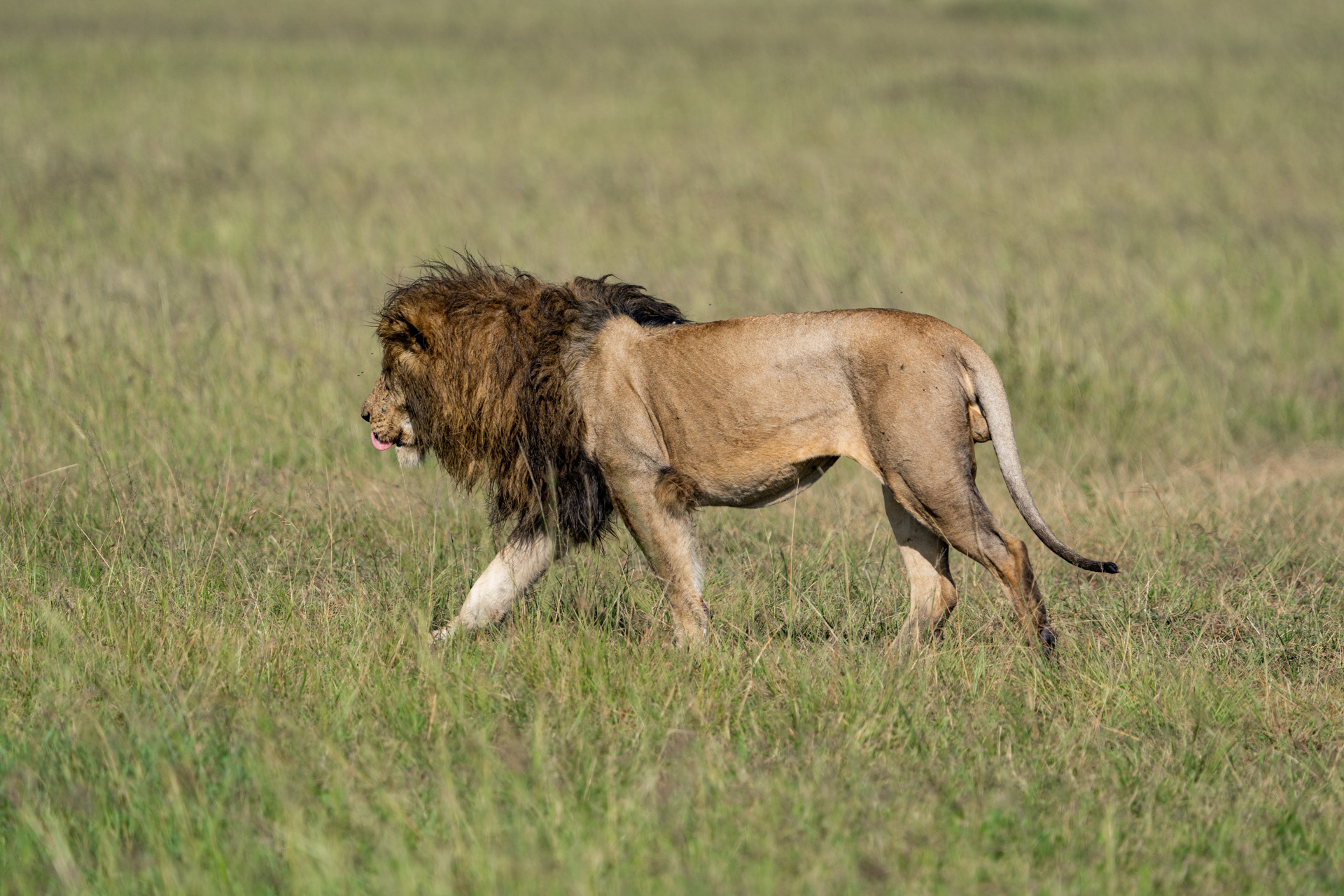
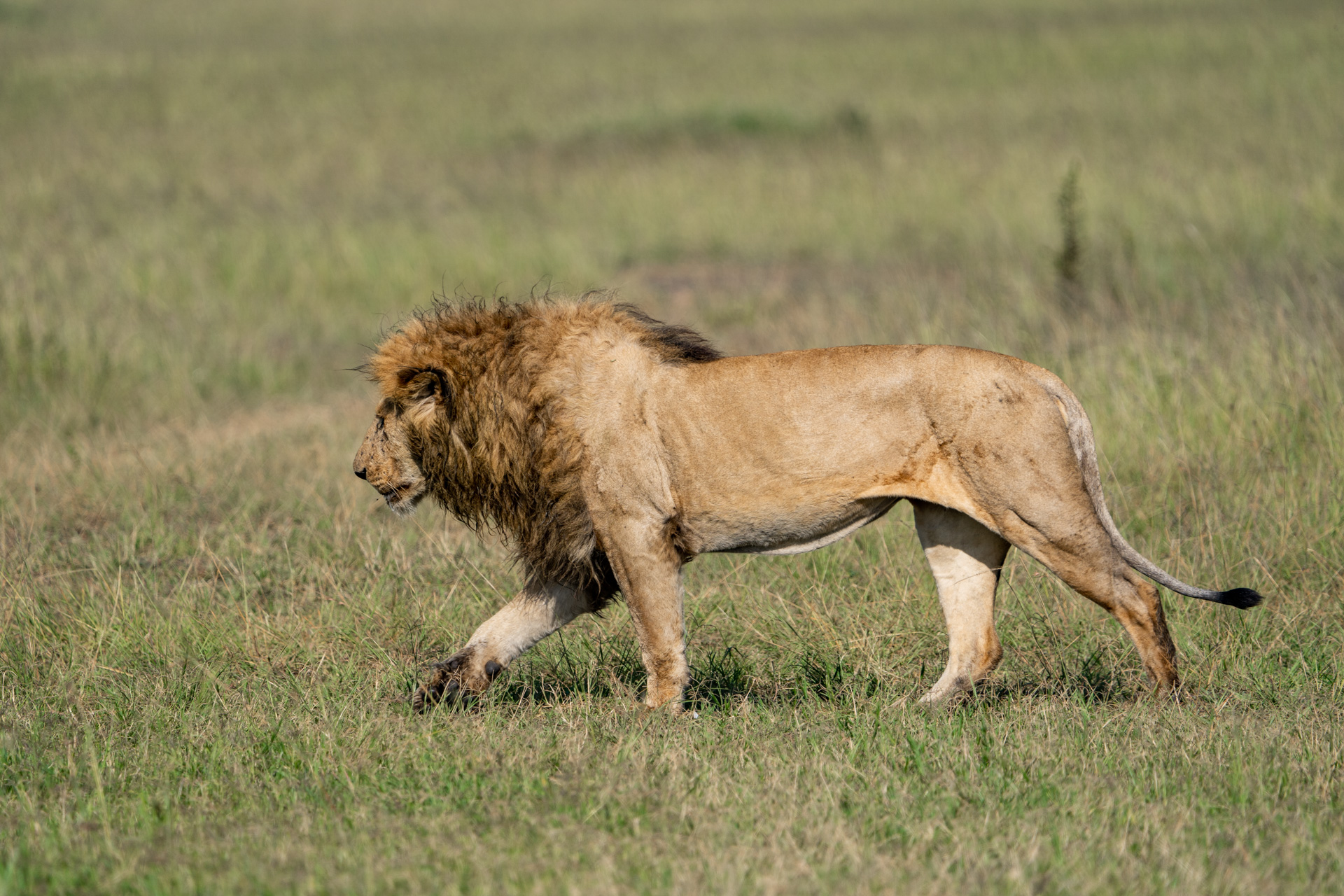
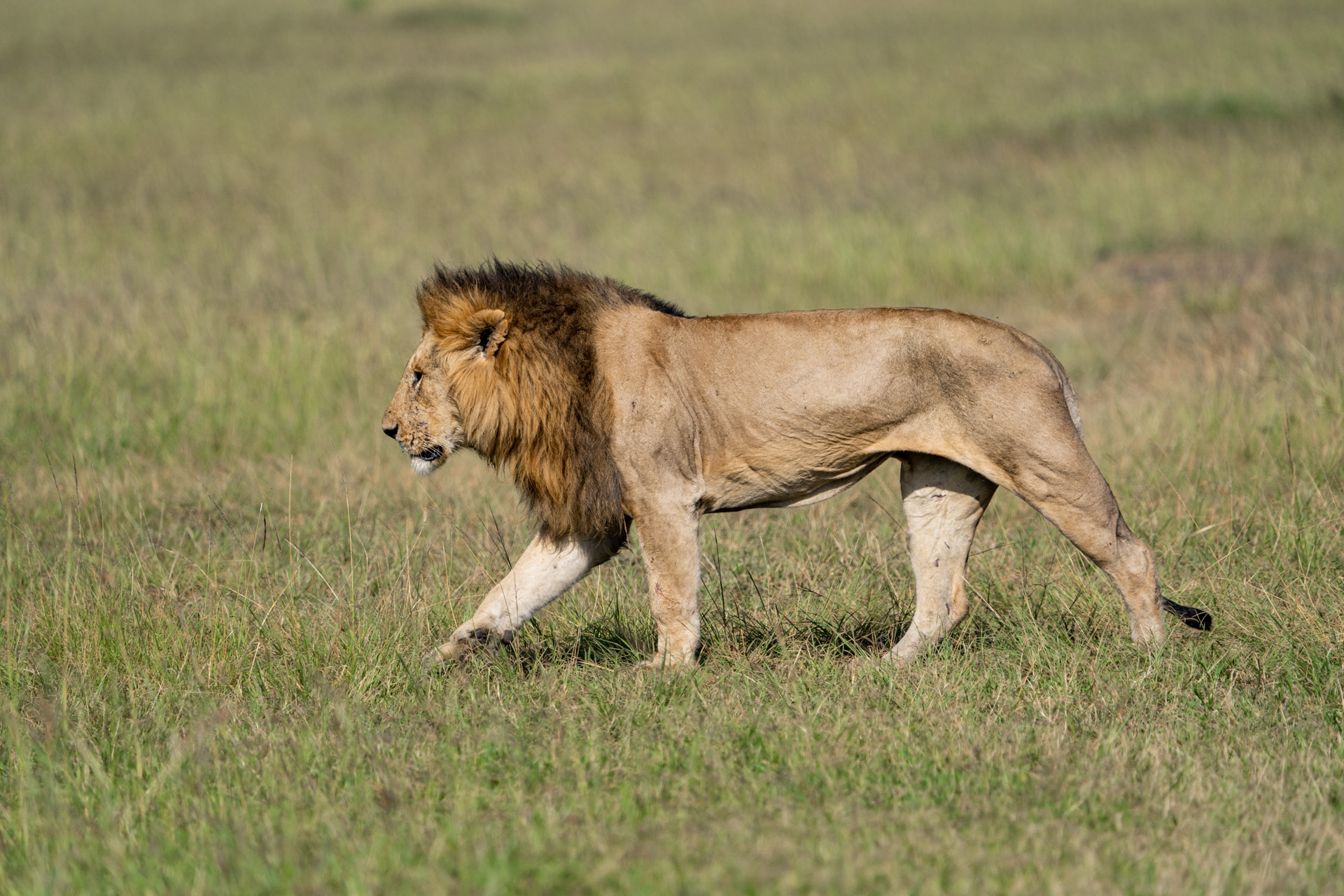
Like many mammals, elephants are natural-born swimmers and can swim for hours on end with their bodies completely submerged, only using their trunks to breathe. Their massive body size gives them enough buoyancy which allows them to easily float. Our guests were treated to a swimming show when this young family of ellies decided to cool themselves in the Baghdad pool. The resident hippo may or may not have enjoyed some company for the day.
It seems like the elephants were not the only ones taking a dip this week, as this fellow also could not handle the day’s heat. What better way to keep himself cool than a natural plunge pool?
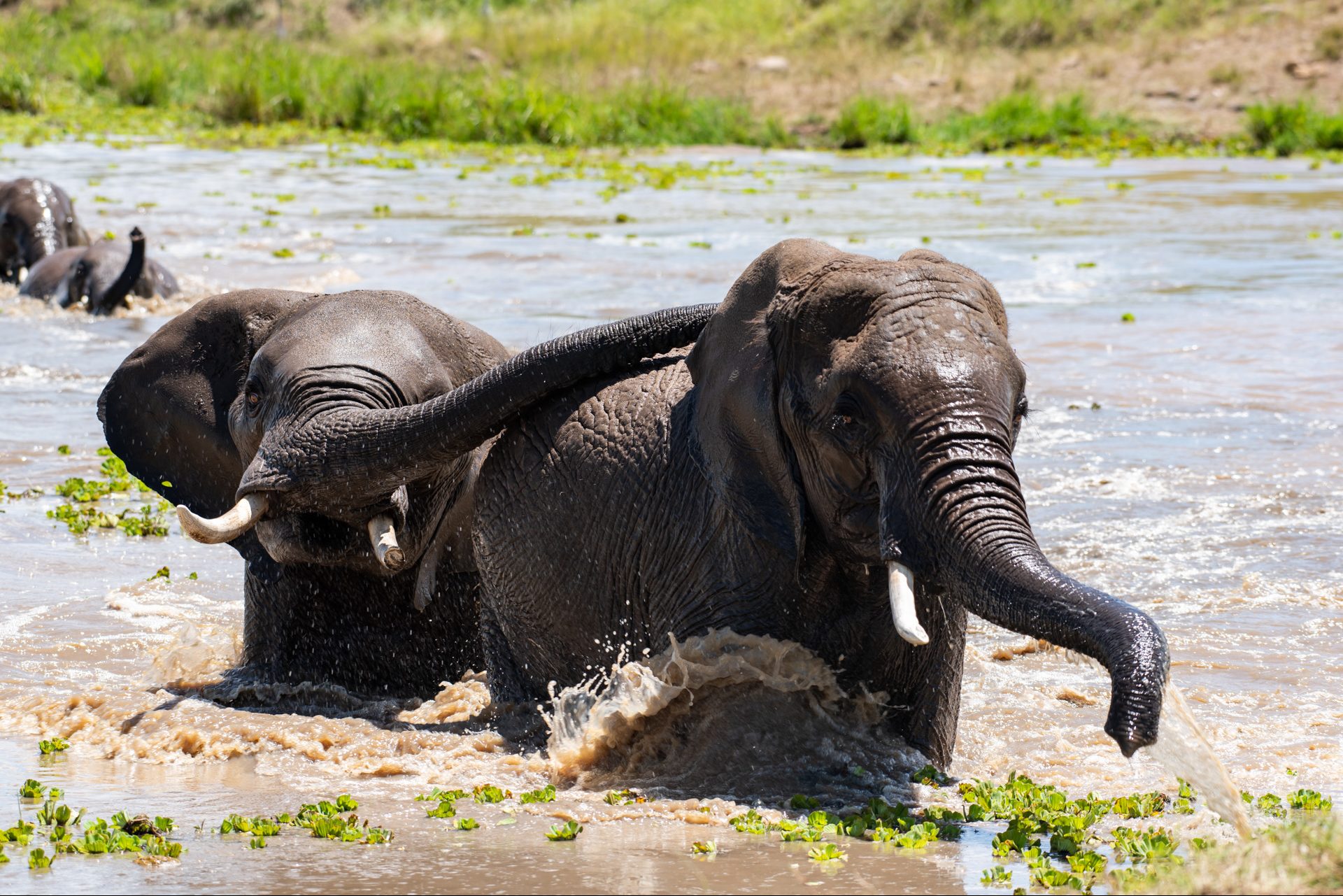
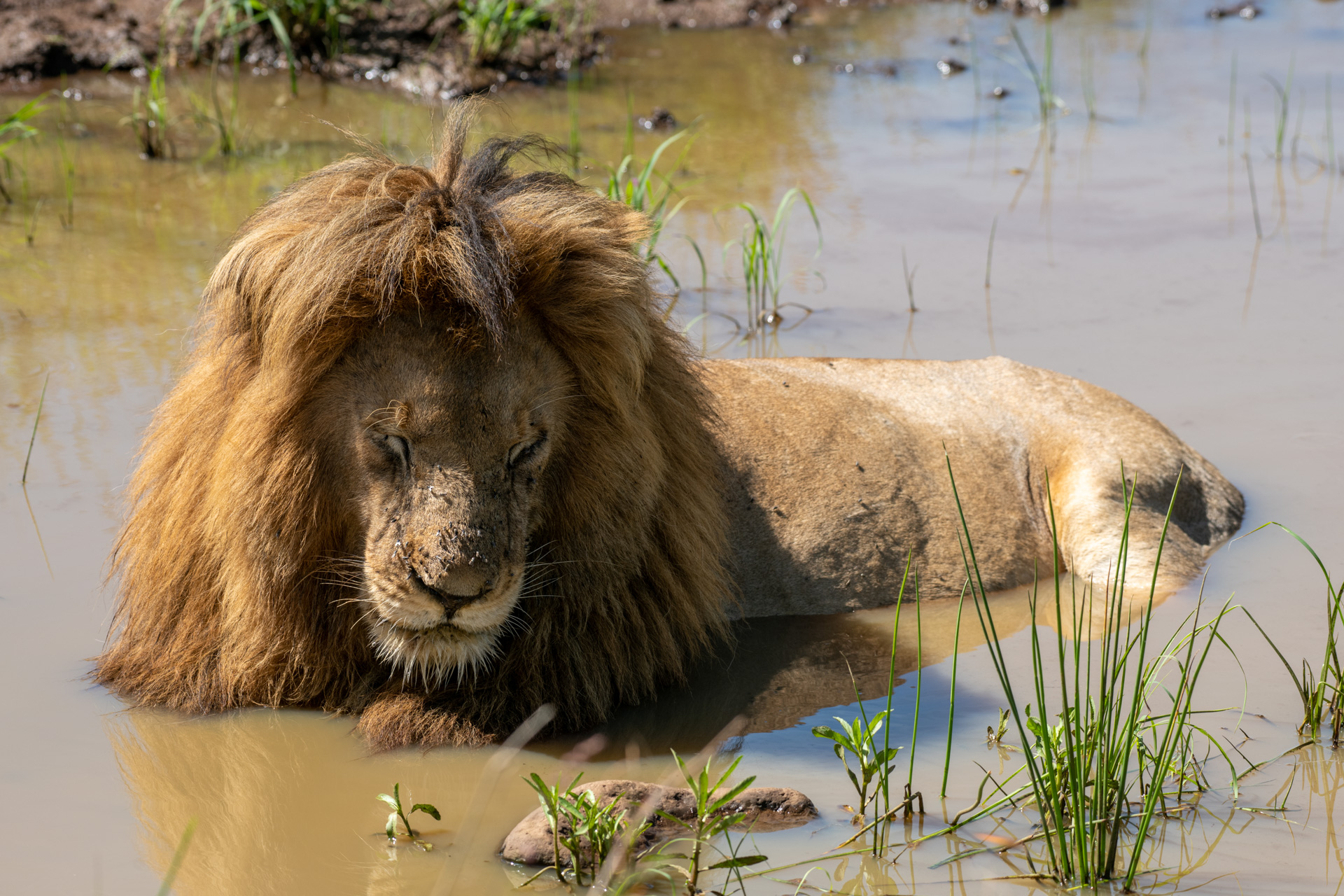
The solitary male cheetah who has been roaming the Triangle for the last couple of months is still very active. We spotted him stalking a topi but, unfortunately for him, the topi saw him just in time to run for dear life. Non-territorial male cheetahs are known to be nomadic, covering large ground in search of prey, rarely staying in one place for more than a few days.
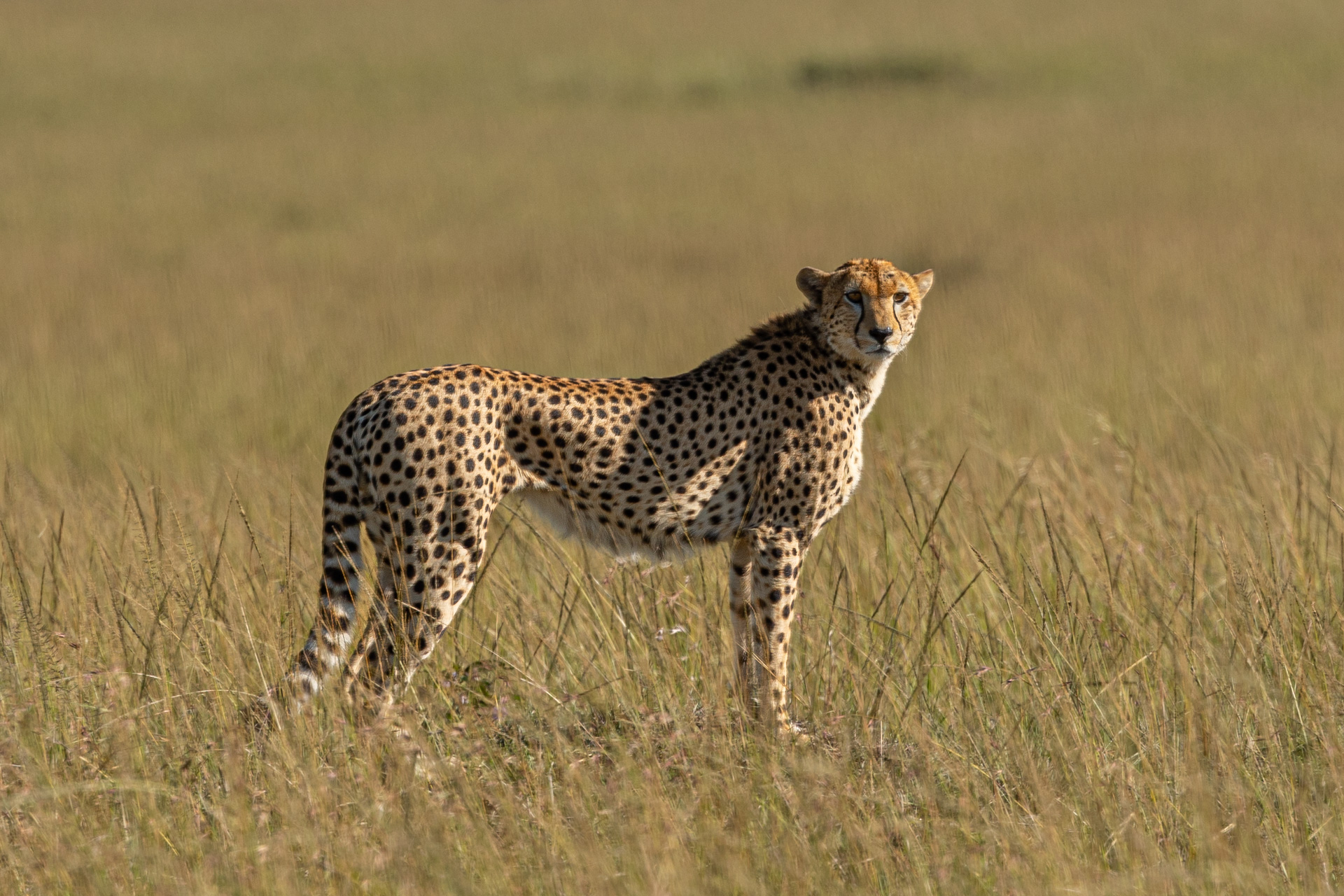
The Egyptian Pride youngsters that separated from their mothers have been missing in action for some time and I was delighted to bump into four of them. They seemed fine, if not a little hungry. I've definitely seen them in better condition and they needed to get a good meal in. I suspected they would hunt later on as there were topis nearby but the scorching sun was dead set against them. We wish them happy hunting when it cools down.
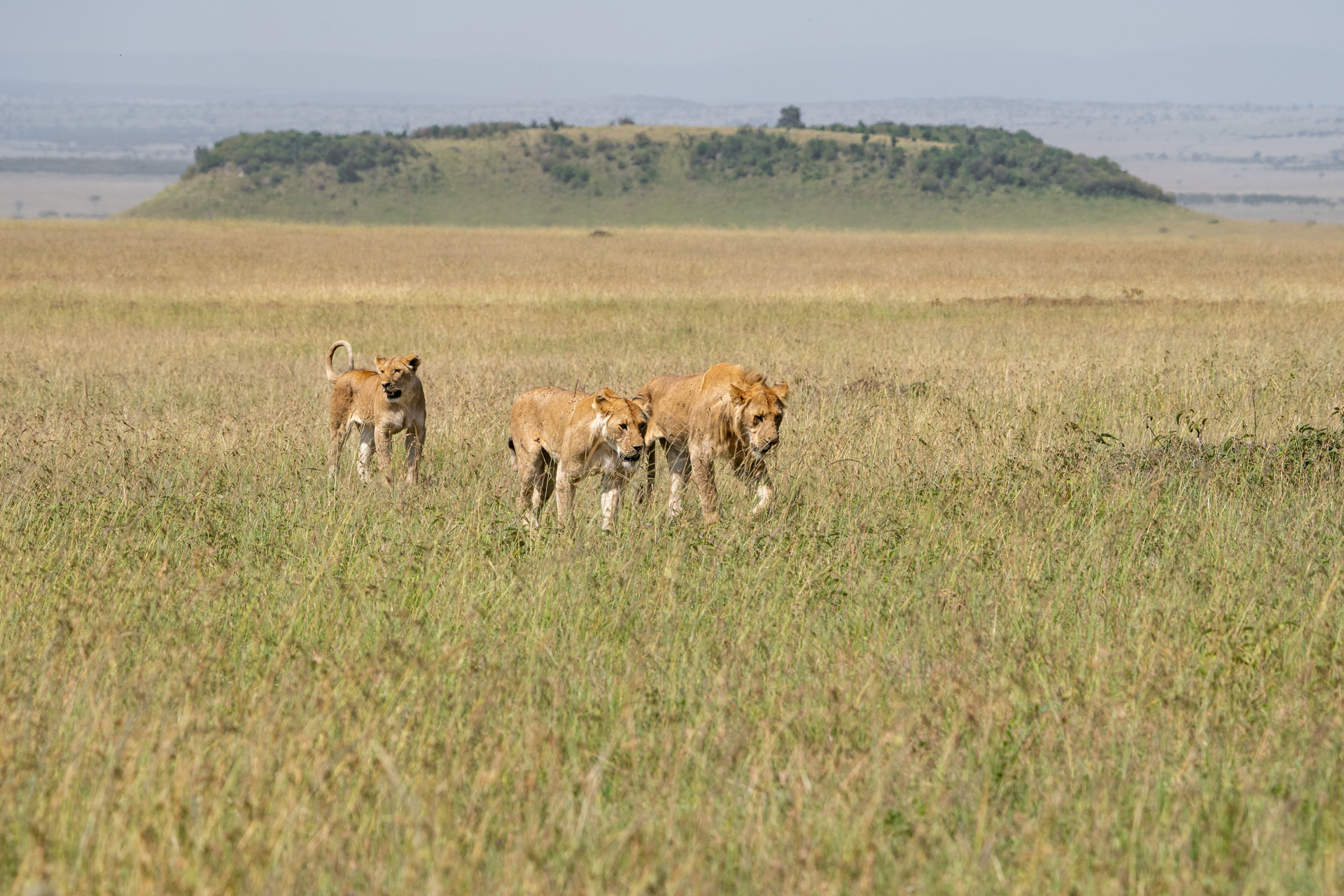
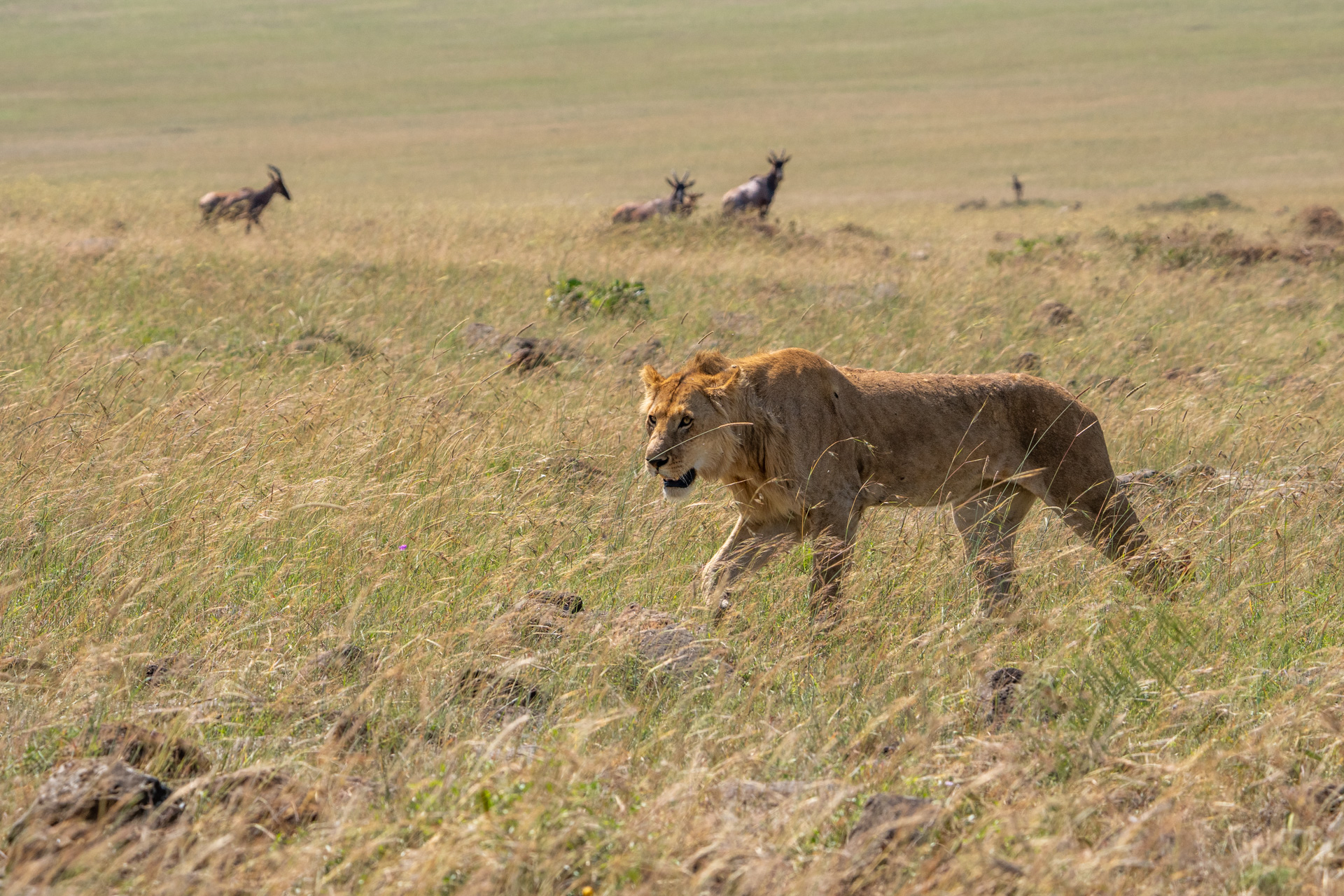
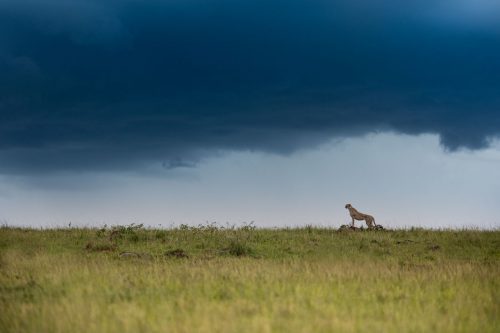
As the skies darkened and a storm brewed this time last year, Adam followed two male cheetahs on the prowl.
Filed under: This Week at Angama
Subscribe for Weekly Stories
Comments (0):

The Angama Shamba